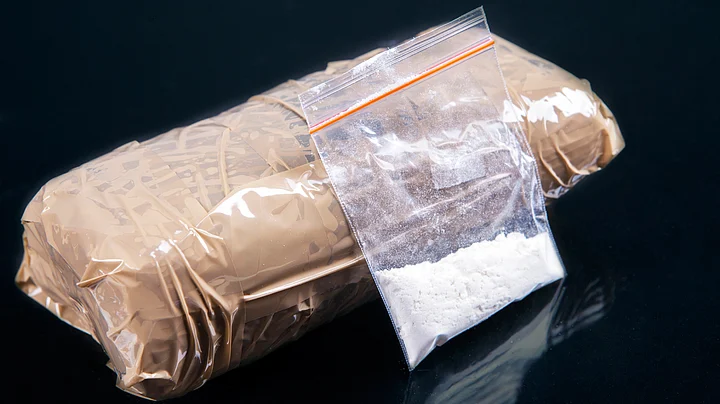The Supreme Court on Thursday, 29 October ruled that statements recorded by a designated officer under the Narcotic Drugs and Psychotropic Substances (NDPS) Act will not be treated as admissible evidence in drug cases.
In a 2:1 judgement, a three-judge bench of the Supreme Court held that the statements of accused recorded under Section 67 of the NDPS Act cannot be considered an admissible confession during a trial.
What is the Implication of the Verdict?
In India, a confession made to a police officer is not admissible in a court of law – only confessions made to a magistrate are. On Thursday, the Supreme Court held that officers appointed by Central and state agencies and are invested with powers under the Narcotic Drugs and Psychotropic Substances (NDPS) Act are also still be to be considered “police officers” under section 25 of the Evidence Act.
Following this order, any ‘confession’ to a narcotics officer cannot be taken into account in order to convict an accused under the NDPS Act. So far, the confessions made to officers have been used a piece of crucial evidence in cases.
Now, investigators will have to rely on corroborating evidence to secure a favourable judgment apart from these statements.
What is Section 67 of NDPS Act?
Section 67 of NDPS Act reads: Any officer referred to in section 42 who is authorised in this behalf by the Central government or a state government may, during the course of any enquiry in connection with the contravention of any provisions of this Act:
a. call for information from any person for the purpose of satisfying himself whether there has been any contravention of the provisions of this Act or any rule or order made thereunder;
b. require any person to produce or deliver any document or thing useful or relevant to the enquiry;
c. examine any person acquainted with the facts and circumstances of the case.
What did the Judges Deliberate Before the Verdict?
Bar and Bench reported that Justices Rohinton Fali Nariman, Navin Sinha and Indira Banerjee were answering a reference made by a two-judge bench in 2013, which had raised the following issues:
1) Whether the officer investigating the matter under the NDPS Act would qualify as a police officer or not?
2) Whether the statement recorded by the investigating officer under Section 67 of the Act can be treated as a confessional statement or not, even if the officer is not treated as a police officer?
What Does the Verdict say?
The majority verdict held that considering these statements to be evidence would violate fundamental rights of accused, including the right against self-incrimination and the right to personal liberty:
“If we were to arrive at the conclusion that a confessional statement made before an officer designated under section 42 or section 53 can be the basis to convict a person under the NDPS Act, without any non obstante clause doing away with section 25 of the Evidence Act, and without any safeguards, would be a direct infringement of the constitutional guarantees contained in Articles 14, 20(3) and 21 of the Constitution of India.”
Why is it Called a 2:1 Verdict?
Justice Banerjee, one of the three judges hearing the case, delivered a dissenting opinion in the case, holding that:
“While the right to a fair trial by an impartial Court and/or Tribunal is a human right under the UDHR and an essential concomitant of the fundamental rights, at the same time, the fairness of trial has to be seen not only from the point of view of the accused, but also from the point of view of the victim and the society. A crime under the NDPS Act is a crime against society and not just an individual or a group of individuals.”
She further added, “While the safeguards in the NDPS Act must scrupulously be adhered to prevent injustice to an accused, the court should be vigilant to ensure that guilty offenders do not go scot free by reason of over emphasis on technicalities. Substantial justice must be done. Every piece of evidence should be objectively scrutinised, evaluated and considered to arrive at a final decision.”
Will This Affect the Ongoing Case Involving Rhea Chakraborty?
This verdict is a very important one for ongoing and future NDPS cases, because it will mean there will need to be a much better standard of proof produced by the authorities against accused. In particular, the verdict could actually spell relief for Rhea Chakraborty in the drug case against her.
There are two aspects to this, first, the amount of drug seized from her is not commercial quality. Second, the case (against her at least) currently rests to a great extent on the statements made by her to the narcotics officers.
This could mean that the most important evidence in the case, i.e the ‘confession’ to these officers, may not hold value in the court. In this case, the investigators will have to produce other evidence to win a stringent punishment in the case.
The judgment could also open the doors to another challenge, against the way in which statements made to Enforcement Directorate officers are considered admissible evidence.
(At The Quint, we question everything. Play an active role in shaping our journalism by becoming a member today.)
